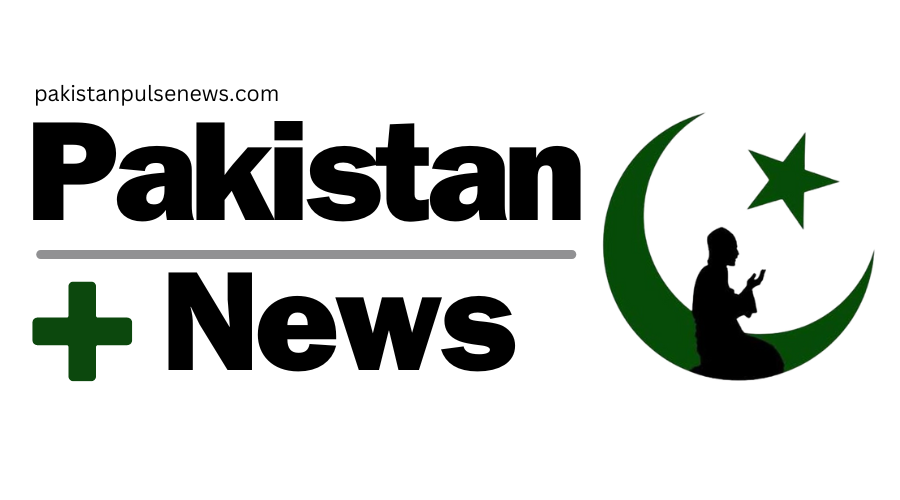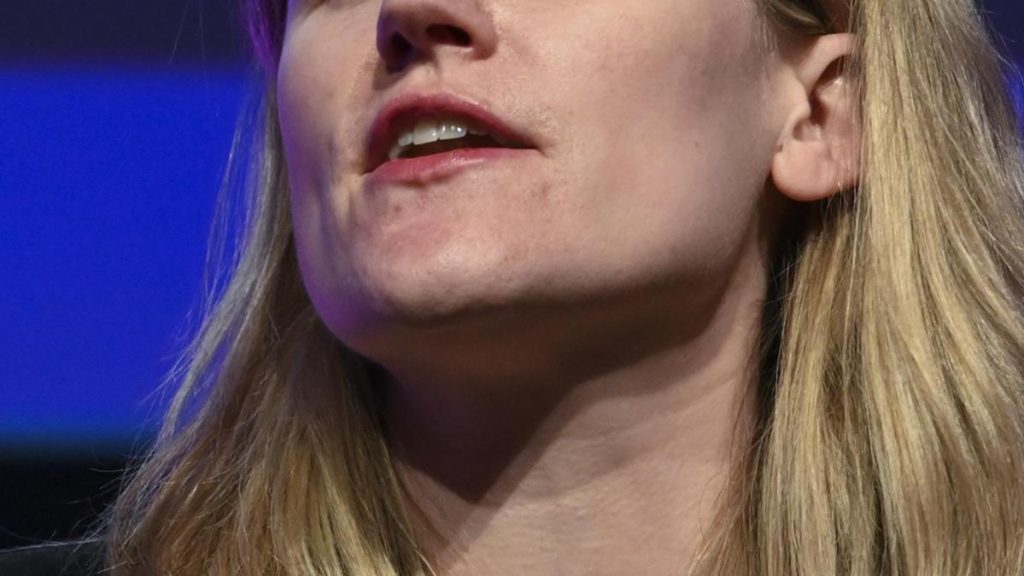The government should “compel” Meta to the table and make them recommit to carrying Australian news, a Facebook whistleblower has declared.
Frances Haugen, a former product manager who leaked tens of thousands of documents in 2021 exposing the inner workings of Mark Zuckerberg’s tech giant, said Australia had a “critical role to play” in how social media was used and kept safe.
In a wide-ranging keynote speech to the Australian Information Security Association CyberCon in Canberra, she touched on the harms of AI, a need to shift online harms legislation and the importance of Meta carrying trusted news.
Amid uncertainty about the future of news on Meta’s platforms, Ms Haugen called on the government to compel the company to the negotiating table.
Meta has declared it will cease paying for Australia news on its platforms, ending deals worth hundreds of millions of dollars to local media organisations.
The company signed 13 payment-for-content deals with media outlets in 2021, as part of the then-government’s News Media Bargaining Code which required tech giants to pay for news on their platforms.
But earlier this month, ahead of the deals beginning to expire, the company declared it would not renegotiate any of those agreements – a move which some consider a breach of the news media bargaining code and a contravention of competition laws.
Ms Haugen said the government should now use the power built into the code to compel the company to play ball.
“Australia’s code is very interesting is that we have the ability to compel,” she said.
“So if Meta says, ‘we don’t want to negotiate’, you (Australia) have the ability to compel them to do so, that is a power within the code. And I encourage the government to use that.”
Communications Minister Michelle Rowland told The Australian this week the government was still in the process of considering whether to “designate” Meta under the terms of the news media bargaining code.
That would force the company into arbitration with Australian news publishers and face fines of more than $1bn.
She said if Meta went through with taking news off Facebook, “we will see sites emerge that are written by AI that are not classified as news sites’.
“In a world where you have very large language models that can make fake news sites very convincing … it’s very surreal to me and we need to have a conversation about it,” she said.
“We need to stop believing Facebook.”
On esafety, Ms Haugen said Australia needed to pass modern online harms laws in line with the European Union and United Kingdom to “step up and lead” in the Indo-Pacific and deal with the new and emerging harms stemming from social media companies.
“We need to pass modern online harm laws,” she said.
“Right now, Australia has a law that is focused very strongly on content and illegal behaviour. The problem with making laws is, it’s very difficult to write content law that is effective.”
She offered up an example of how members of women’s groups around the world lost access to their Facebook or Instagram account because “computers can’t figure out the difference between committing violence against women and talking about violence against women”.
She said Australia should follow Canada’s lead, where the government has just proposed a Bill that prohibits very specific content, namely non-consensual naked imagery and “revenge porn”, and no child abuse material.
“Australia and Canada can work together … and help organise Southeast Asia,” she said.
She said any such legislation must force platforms to disclose to the public about harms they know about, their plans for preventing and mitigating harms, and enshrining the right for the public to ask questions and request and receive data.


